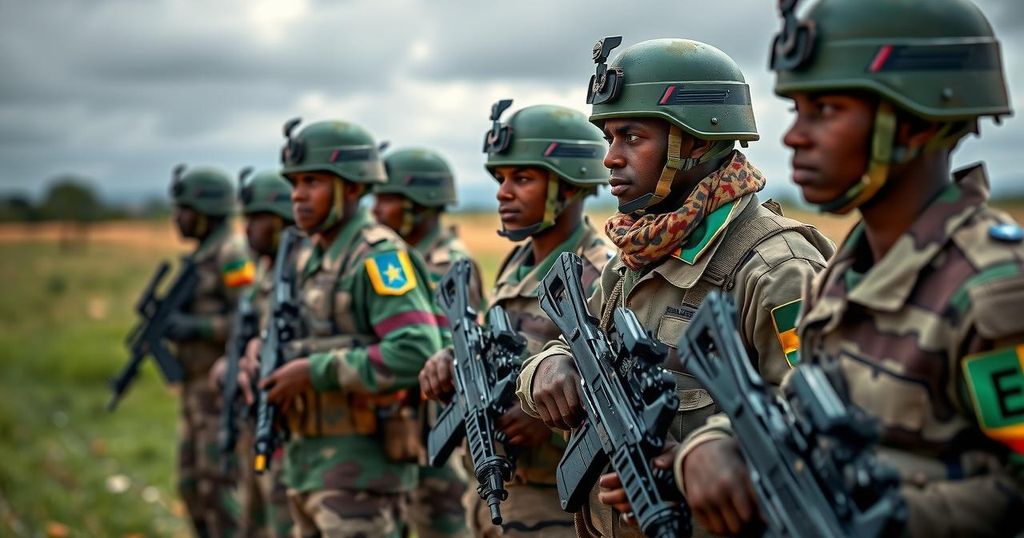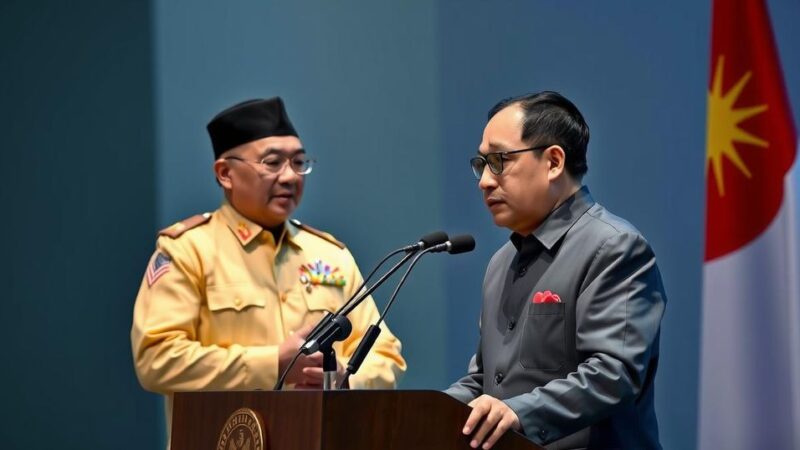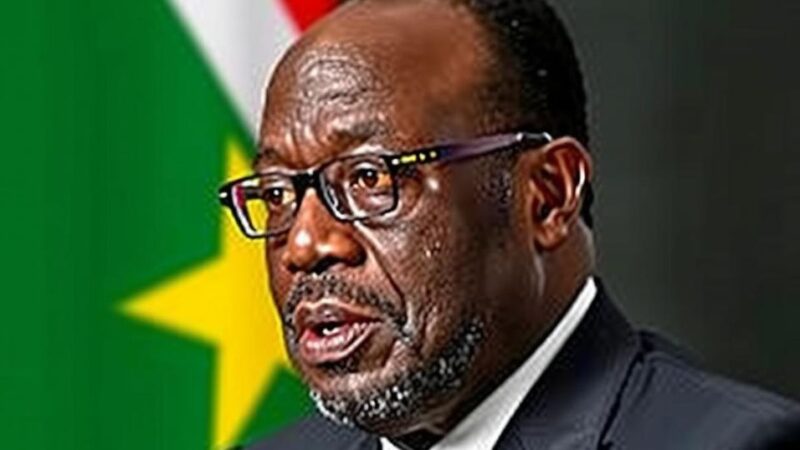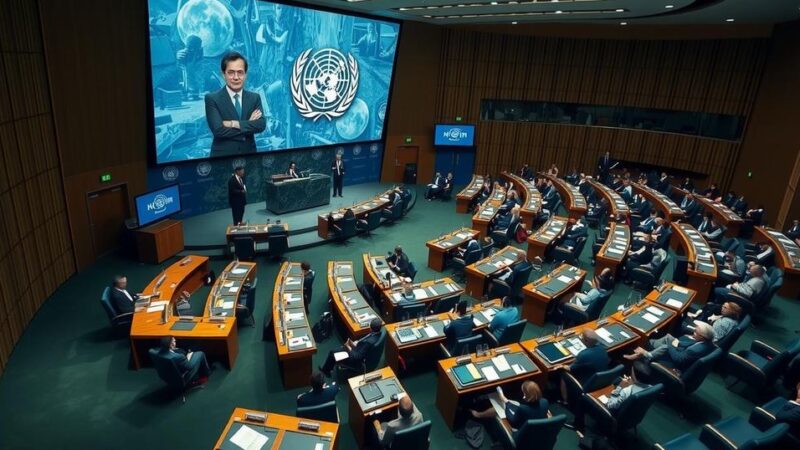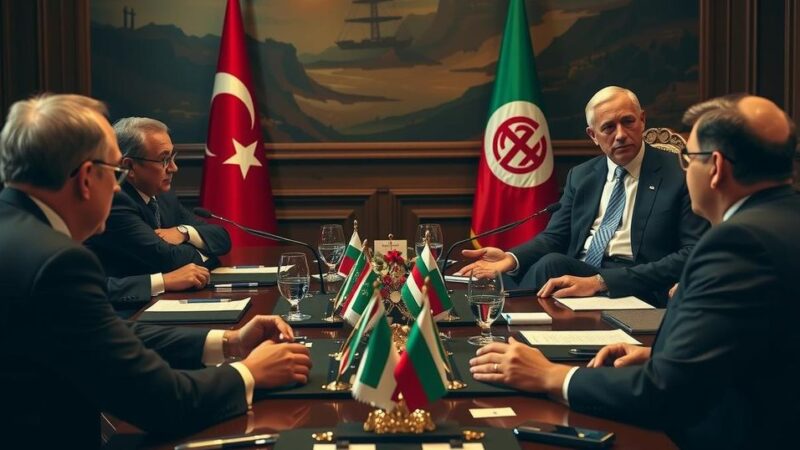Ethiopia intends to retain its troops in Somalia for the African Union Support and Stabilization Mission amid Somalia’s insistence on troop withdrawal due to a sea access deal with Somaliland. This dispute, supported by the UN and AU in favor of Somalia’s territorial rights, highlights regional tensions and the delicate balance of power in East Africa.
Ethiopia has announced its intention to maintain military personnel in Somalia as part of the forthcoming African Union Support and Stabilization Mission in Somalia (AUSSOM). However, this commitment is challenged by Somalia’s insistence on the withdrawal of Ethiopian troops unless Ethiopia renounces its controversial agreement with Somaliland concerning sea access in return for recognizing Somaliland’s sovereignty. This agreement has incited significant debate, as Somalia contends that it violates its territorial rights. The Somalia government’s stance is also supported by international organizations, including the United Nations and the African Union, advocating for the respect of Somalia’s territorial integrity. The current situation occurs amid escalating regional tensions, further complicating security, diplomatic relations, and territorial claims within the Horn of Africa. As a resolution deadline approaches, the future of Ethiopian military involvement in Somalia under AUSSOM remains uncertain. This uncertainty holds considerable implications for regional security dynamics and the diplomatic relations among East African nations, accentuating the precarious balance of power and alliances. Ethiopia’s strategic objectives appear to be at odds with Somalia’s national integrity concerns, which necessitates careful deliberation as stakeholders seek to navigate these complex issues.
The situation stems from Ethiopia’s military engagement in Somalia, traditionally viewed within the context of regional stabilization efforts facilitated by the African Union. Recently, Ethiopia negotiated a contentious agreement with Somaliland, a self-declared independent region, which grants Ethiopia access to the Red Sea while acknowledging the sovereignty of Somaliland. This agreement, however, is opposed by Somalia, which views it as a violation of its territorial claims. The backdrop of international support for Somalia underscores the complexity of the geopolitical landscape in the Horn of Africa, wherein security, sovereignty, and regional alliances frequently overlap and conflict, necessitating diplomatic sensitivity and strategic foresight.
The ongoing discourse surrounding Ethiopia’s military presence in Somalia highlights the challenges posed by competing national interests and territorial claims in the Horn of Africa. With support from international bodies for Somalia’s stance, the resolution of this dispute is crucial not only for regional stability but also for the diplomatic relations across East Africa. As Ethiopia and Somalia navigate these challenges, the results could have lasting effects on the security dynamics and alliances in the region.
Original Source: www.garoweonline.com
